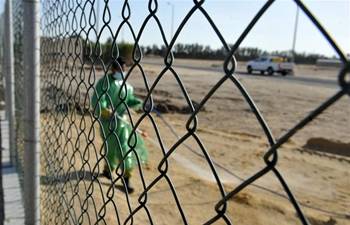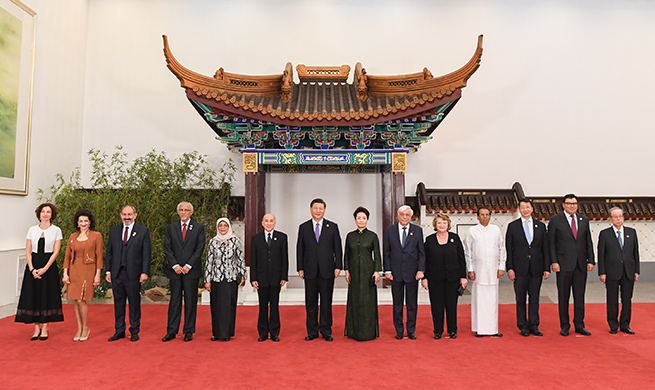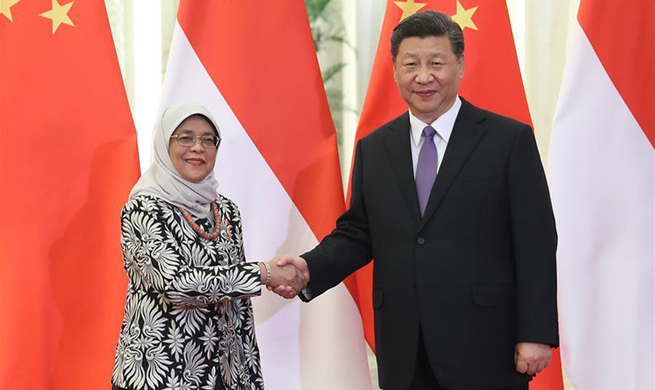TOKYO, May 15 (Xinhua) -- The Japanese government is planning to reduce the number of people with dementia by setting quantifiable targets to lower the ratio of patients in their 70s, over a six-year period until 2025, sources close to the matter said Wednesday.
The government is hoping the initiative will help counter the rising social security costs involved with caring for sufferers and the scheme will involve the implementation of preventative measures and methods to delay the onset of dementia.
The government has, thus far, prioritized its resources in accommodating people with dementia and making provisions for them to live in society, but as the population continues to age here, a shift towards preventing and delaying the effects of the disease, will be another focus.
The government has estimated that number of dementia sufferers will increase to between 7 to 8 million people, or 6 to 7 percent of the total population, by 2030.
More conservative estimates by the Organization for Economic Cooperation and Development (OECD) forecasts the number of sufferers to reach 3.8 percent of the country's population by 2037.
Even at the lower scale of estimates, the number of patients with dementia in Japan will still be the highest among OECD states, topping the 2.3 percent average forecast within the states.
Preventative measures such as group exercise lessons and learning courses to be held at local community centers are some of the means the government plans to utilize to help combat dementia in the elderly, as physical and cognitive exercise has been anecdotally shown to help prevent the onset of dementia.
In addition, the government will also shift its focus to investing more resources into commercial systems and products to help prevent the disease, as well as allocate resources for more medical research into dementia, which is known to impact cognition and memory.













